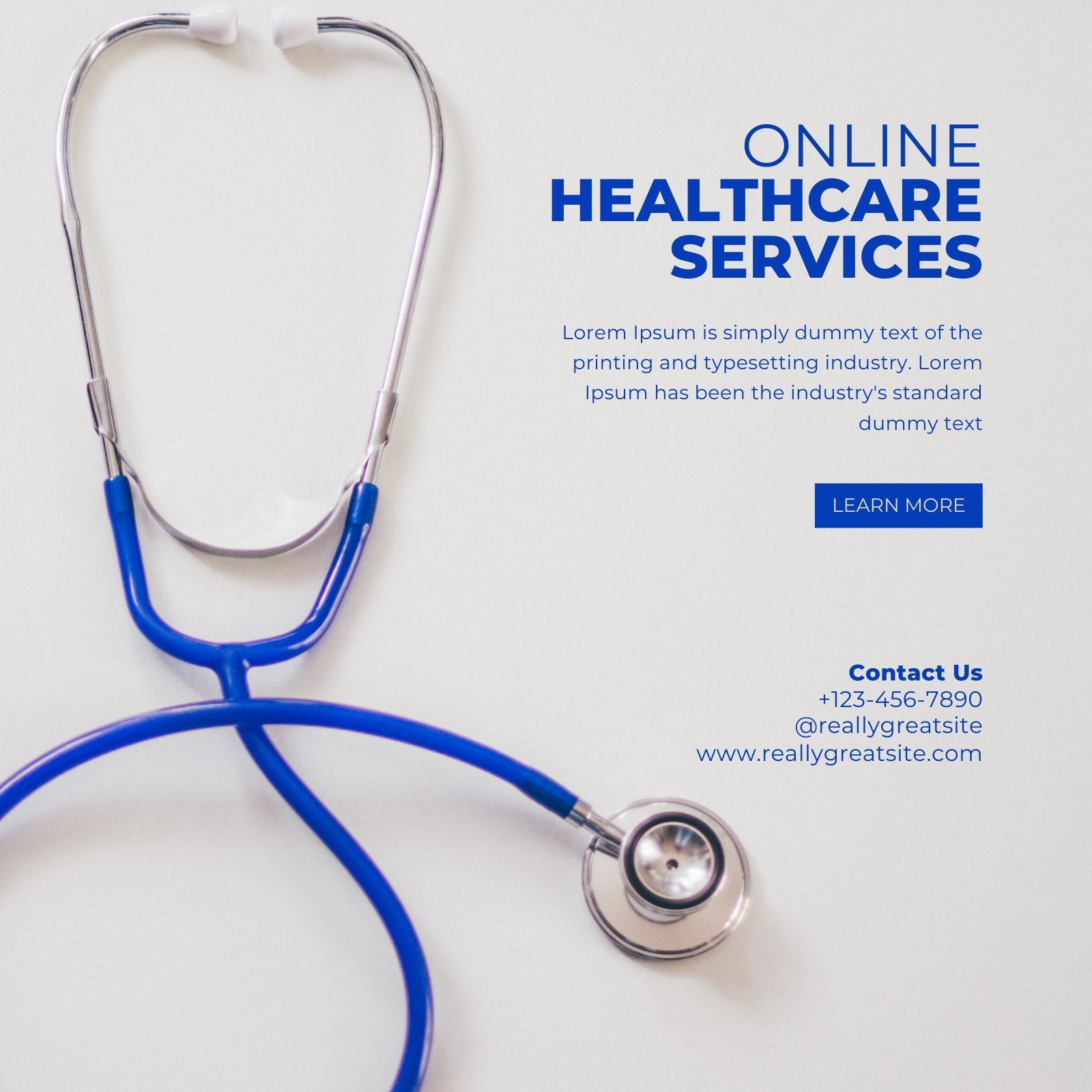Why Subscription Based Healthcare is Getting Appeal Among Patients Today
Why Subscription Based Healthcare is Getting Appeal Among Patients Today
Blog Article
Browsing the Future of Medication With Subscription-Based Health Care Services
As the health care sector advances, subscription-based services emerge as an essential model guaranteeing to reshape client treatment delivery. The answers to these questions could essentially change our technique to healthcare.
Rise of Registration Healthcare
As health care systems around the globe face raising stress from increasing prices and need for services, the introduction of subscription-based healthcare models has emerged as a transformative pattern. This ingenious technique is interrupting conventional health care distribution by offering a predictable, flat-rate payment structure for medical solutions. Rooted in the principles of concierge medication, subscription-based healthcare enables carriers to concentrate on individualized patient care while concurrently handling operational performances.
The rise of this design can be credited to a number of factors. Technological improvements have enabled much more smooth integration of treatment through telehealth and digital wellness records, facilitating the scalability of membership solutions. The increasing consumer demand for openness and predictability in health care expenses has driven the change towards this model. Subscription-based services usually offer straight accessibility to healthcare specialists, which can decrease the management concerns connected with insurance cases and repayments (subscription based healthcare).
This model is gaining traction among varied doctor, from primary care physicians to specialized centers, by lining up economic rewards with continual and preventive treatment. By changing the emphasis from volume to value-based treatment, membership healthcare has the prospective to improve the landscape, fostering a much more sustainable and patient-centered approach to health and wellness administration.
Advantages for People

Furthermore, subscription-based services often stress preventive treatment, motivating routine exams and health and wellness testings. This proactive approach can cause early detection of wellness concerns, possibly enhancing end results and minimizing long-lasting healthcare expenses for clients. Moreover, such designs generally use transparent rates, permitting clients to better recognize their healthcare costs and prevent unforeseen medical bills.
The customized nature of subscription-based healthcare likewise boosts individual experience. Clients can obtain tailored medical care plans that fit their particular demands, promoting an extra patient-centric strategy.
Innovation's Role in Improvement
Expert system (AI) plays a vital function in predictive analytics, aiding in early diagnosis and customized therapy strategies. AI dig this formulas evaluate large datasets to recognize patterns that may be overlooked by human monitoring, hence boosting professional decision-making. Electronic health and wellness documents (EHRs) streamline client information monitoring, making sure connection and comprehensibility of treatment across different solutions and service providers.
Blockchain innovation boosts data safety and privacy, critical for preserving patient rely on electronic systems. It enables secure and clear deals of clinical information, guaranteeing that delicate details continues to be safeguarded. With the integration of artificial intelligence and AI, blockchain can automate intricate medical care processes, reducing administrative worries.
Factors To Consider and difficulties
While modern technology moves the capacities of subscription-based healthcare services, it likewise introduces a set of difficulties and factors to consider that must be resolved to guarantee effective application. One significant obstacle is the fair accessibility of these solutions.
Data personal privacy and protection represent another essential factor to consider. Subscription-based services typically entail the collection and storage space of huge amounts of personal health and wellness details. Suppliers must abide by stringent information protection policies to preserve patient trust and avoid unapproved access, which could result in considerable ethical and legal effects.
As medical care requires evolve, keeping a cost-efficient equilibrium between subscription fees and solution top quality is essential to avoid individual discontentment and attrition. Attending to these obstacles is crucial as subscription-based medical special info care services proceed to advance and increase.
Future Ramifications for Medicine
Subscription-based health care services are positioned to dramatically affect the this contact form future landscape of medication by reshaping just how treatment is accessed and supplied. These versions use the potential to democratize medical care accessibility, providing patients with more prompt and customized interventions. By leveraging technology, such as telemedicine and information analytics, membership solutions can assist in continuous monitoring and customized wellness management, therefore enhancing results and minimizing the burden on conventional healthcare systems.
As these solutions gain grip, they might boost a shift towards preventative treatment, highlighting the importance of very early discovery and administration of chronic conditions. This proactive strategy may ultimately lower health care costs by minimizing the requirement for expensive therapies occurring from late-stage condition administration. Membership versions provide a scalable remedy to deal with differences in healthcare accessibility, particularly in underserved or country populations.
Nonetheless, the transition towards subscription-based versions necessitates attending to moral and regulatory factors to consider, consisting of information privacy and equitable access. As the sector develops, collective initiatives in between policymakers, technology designers, and doctor will be critical to establishing robust frameworks that safeguard client passions while promoting innovation. Ultimately, these solutions guarantee to contribute considerably to a more reliable, patient-centered health care environment.

Verdict
Subscription-based health care services represent a significant evolution in the medical field, offering foreseeable prices and individualized treatment that improve availability and prioritize preventive measures. As the medical care landscape progresses, membership models are poised to play a critical function in forming the future of medication.
As the healthcare sector evolves, subscription-based solutions emerge as a critical model assuring to improve client care distribution.As health care systems around the world face raising stress from rising prices and demand for services, the arrival of subscription-based health care models has emerged as a transformative trend (subscription based healthcare).With the increase of subscription-based healthcare versions reshaping typical health care delivery, people are beginning to experience substantial benefits from this cutting-edge technique. As healthcare needs evolve, preserving an affordable equilibrium between registration fees and solution quality is crucial to prevent individual dissatisfaction and attrition.Subscription-based health care solutions are poised to dramatically influence the future landscape of medicine by improving how care is accessed and supplied
Report this page